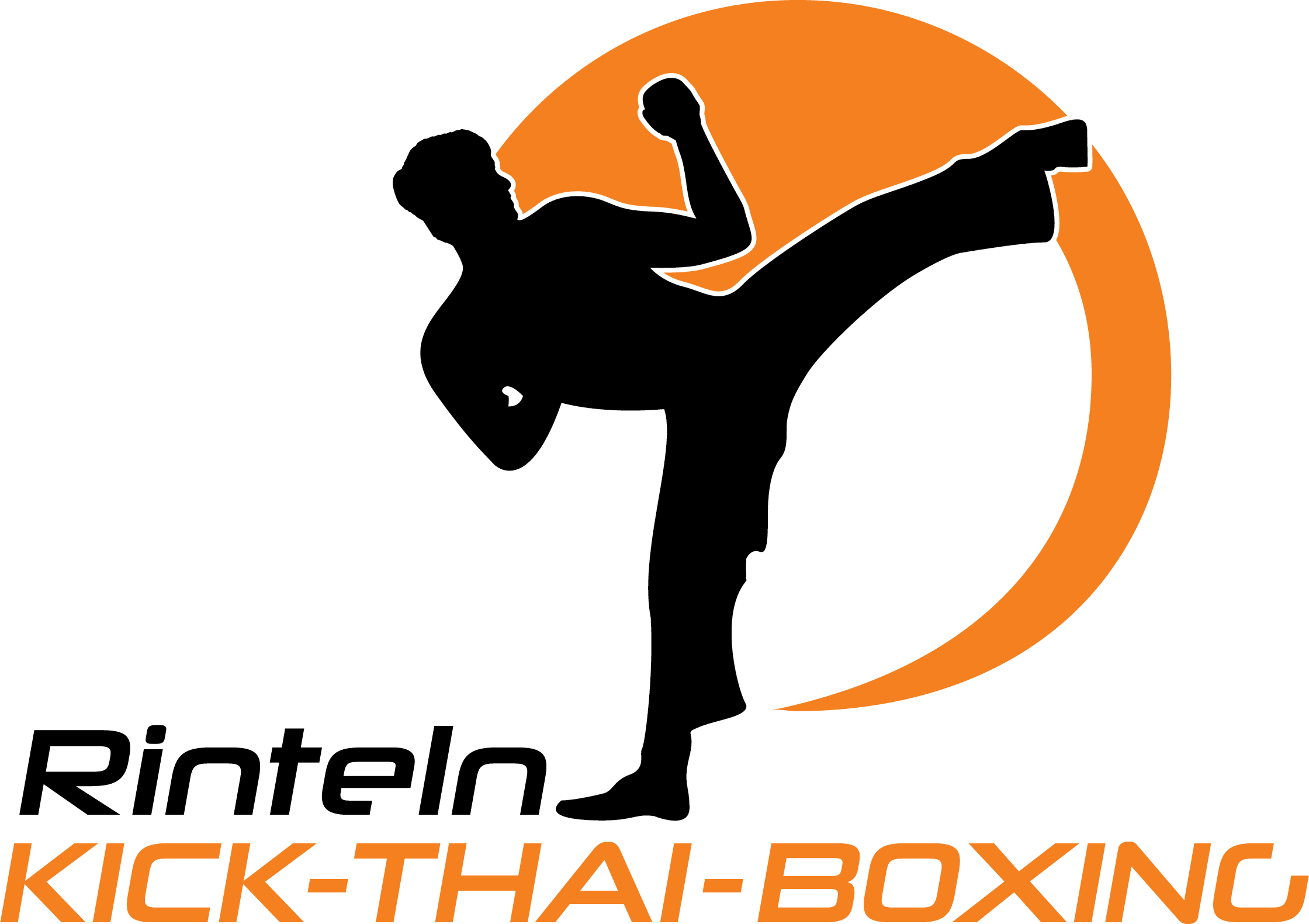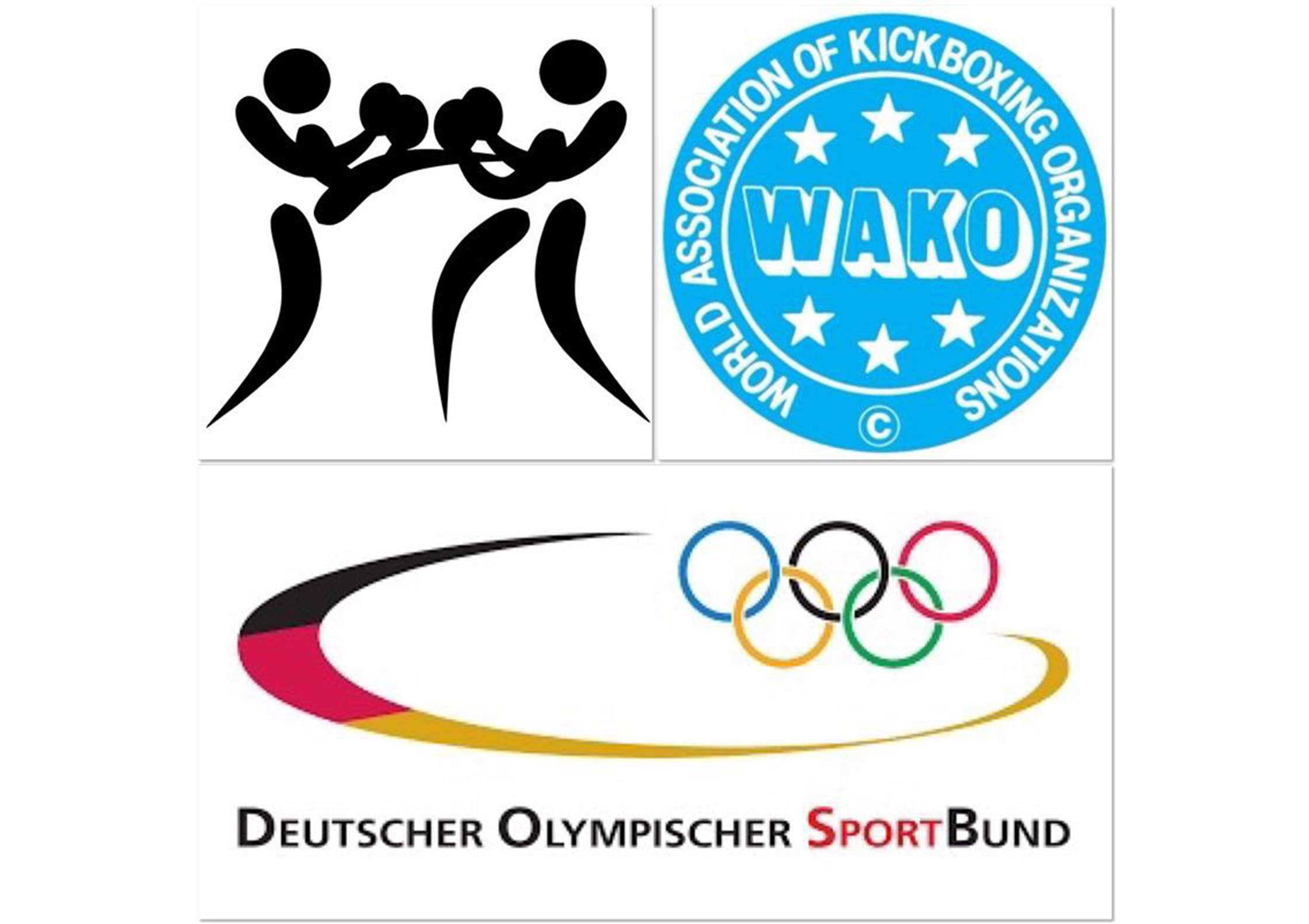SPORT OFFER
school sports
The offer at schools gives children and adolescents the possibility to learn self-defense techniques in an enjoyable manner. Thus, they increase their self-esteem and can better resolve conflicts. Moreover, it serves as violence prevention.
POPULAR SPORTS
Besides physical fitness and fun of sports, popular sport serves principally to learn and improve the basic techniques. This forms the basis for competition oriented high- performance sports.
HIGH PERFORMANCE SPORTS
Skills can be developed through intensive training of one sport type which offers the possibility to qualify for and participate at regional, national, and international competitions.
Rinteln MUAY THAI
“As the Neue Osnabrücker Zeitung reports today, the Ministry of Education, the State Sports Federation and the Lower Saxony Boxing Sports Association (NBSV) have agreed that boxing will be offered as an extracurricular school sport. The offer is to start after the autumn holidays. Ten schools have already signed up for the project. “There will be no physical altercations during training. The idea of fair play is in the foreground,” says NBSV President Jürgen Kyas. One of the aims of the boxing lessons is to curb young people’s propensity to violence. Thus, it is about “reducing aggression in the ring and not in the schoolyard.”
The KSC Rinteln GmbH is planning a lesson on boxing for the seminar “Teaching in Movement, Play and Sport”. Although boxing is not yet part of the curriculum, but we are working in cooperation with several schools and are convinced of the positive effects of a duel that is subject to rules, we continue to work on establishing martial arts in schools. For this reason in particular, it is especially important to have a precise plan that deals with the learning objectives, methodology and didactics. The fact that martial arts is a subject area with erroneous pre-associations, e.g. that of a purely aggressive sport, leads precisely to difficult or problem children showing particular interest and getting involved on a level that seems unthinkable with other areas of sport. On the other hand, boxing training conducted professionally in the classroom requires strong regulations, which makes the use of anticipation strategies for expected problems essential.
Pupils have the greatest curiosity in physical education with regard to the topic. “What are we doing today?”. In other words, the question could also be: “What do we want to learn today?”
Pupils should be led to feel confident in the subject area of “fighting” and to confidently try out and practise forms of fighting in partnership while observing the agreed rules.
The pupils should get an overview of some basic elements of martial arts and experience them themselves.
The pupils should act responsibly in combat and thus recognise the opponent as a partner in order to prevent injuries, control emotions and avoid aggressive behaviour by adhering to the rules they have worked out and dealing responsibly with the partner



